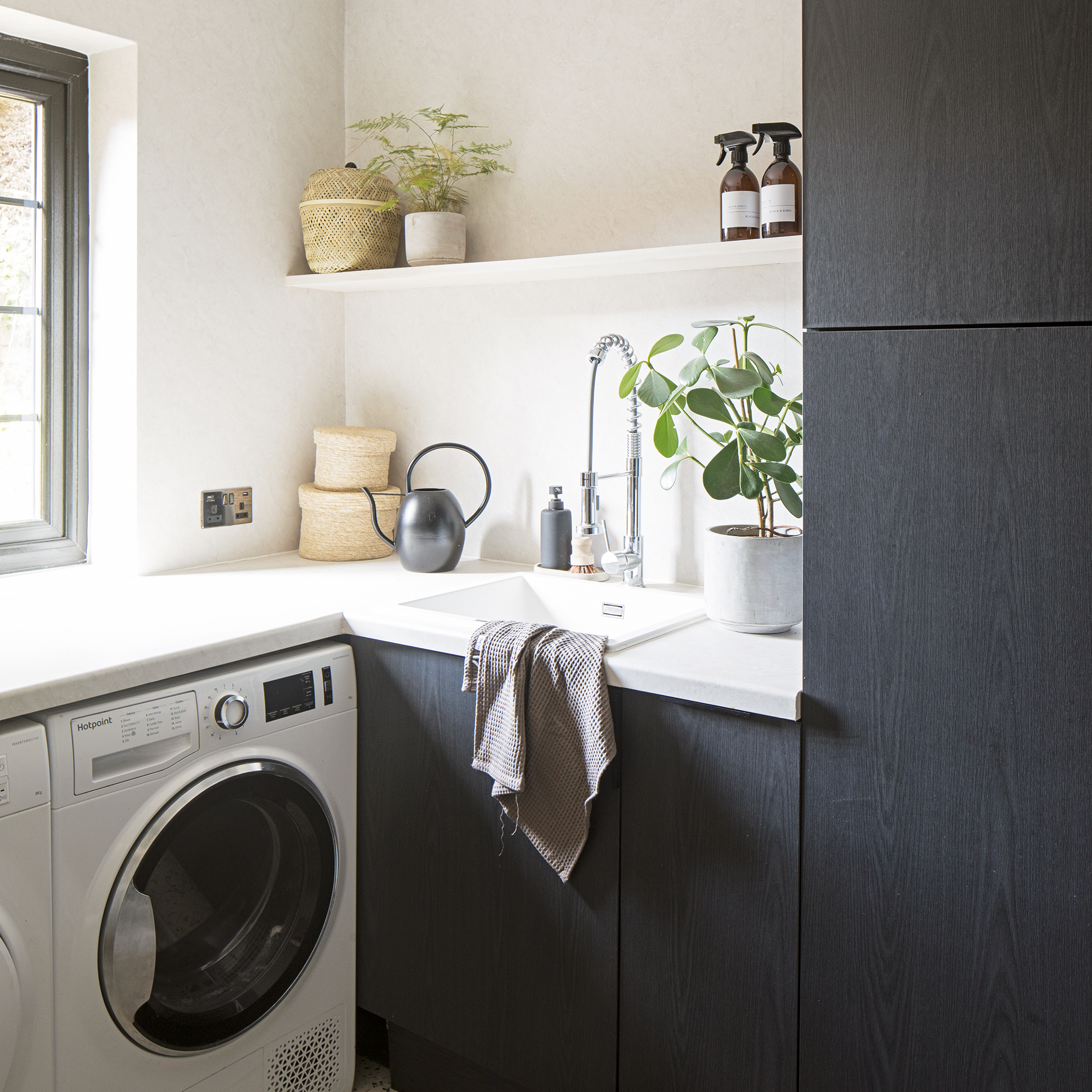
Stacey Solomon sparked debate after revealing how often she changes bed sheets. The answer came as a surprise to some, so we've asked sleep experts to weigh in to settle it once and for all.
Loose Women star, Stacey Solomon, revealed that she changes her bed sheets every week, shocking fans and leaving many questioning their laundry practices. Although there's nothing quite like the feeling of sliding into crisp duvet covers after a long day, the upkeep to keep them pristine isn't always the easiest to keep on top of.
Rising energy bills have urged many to make efforts to save energy at home, ruling super frequent laundry days out the window – but how often should you actually be changing your bed sheets?

How often should you change bed sheets?
Getting a restful night's sleep is important to many, whether that's investing in the best mattress or staying on top of your bedroom cleanliness.
It's long been drilled into us that we should change our bed sheets every week, and experts agree. 'Despite her answer shocking radio listeners, Stacey Solomon is right,' confirms Martin Seeley, CEO and sleep expert at MattressNextDay.
'Every night, the average person sweats at least 200ml of liquid, which naturally seeps through to your duvet. Further studies show that the average bedding harbours around 20,000 dust mites which can be triggering for those that suffer from allergies, therefore, causing a runny nose, congestion and more.'

Previous studies have revealed that many people are not washing their bedding enough, putting them at risk of illness.
'Given that 80% of dust mites are made up of your dead skin, which you naturally produce more of overnight, you should be washing your bedding at least once a week,' advises Martin Seeley.
If you suffer from night sweats or get hot flushes, it's recommended to wash your bedding even more often. The same goes for hotter months.
Petya Holevich, domestic cleaning and laundry expert at Fantastic Services agrees. 'People should ideally wash their bedsheets every 1 to 2 weeks to remove the sweat, body oils and dead skin cells, which accumulate on them quickly over time. However, if they have allergies or sensitive skin, they’ll certainly need to wash them weekly to maintain a healthy sleeping environment'.

Bedding should be washed according to its care label, but 60 degrees is the recommended temperature to ensure you kill germs.
'Use hot water and a suitable detergent to effectively remove any dirt and bacteria' advises Petya.
And once your sheets are thoroughly washed, make sure they're fully dry before putting them back on the bed. 'Dry them thoroughly to help prevent mildew and the development of unpleasant odours' warns Petya.
If possible sheets are best air dried on the line to save energy (and reduce creasing), but dependent on the care instructions you may also be able to tumble dry.
If you're trying to dry bedsheets indoors without a tumble dryer a heated clothes airer and a good dehumidifier can help with drying bedding indoors.
Plus, as well as your bed sheets, it's equally as important to know how to properly wash a duvet and how to wash pillows.

Of course, there'll be varying circumstances where once a week isn't always achievable, but it's all about making the effort where possible. We're on Stacey's side for this one.







